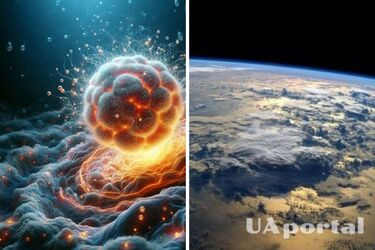Able to change the Earth's climate: scientists have discovered a unique species of microbes

Amazonian peatland ecosystems are key to regulating greenhouse gas emissions and influencing climate change. Citing a study published in the journal Microbiology Spectrum, previously unknown microorganisms have been found in these peatlands that could alter the global carbon balance.
How do microbes affect the climate?
Microbes found in the peatlands of the Amazonian forests of Peru play a crucial role in the Earth's carbon cycle. They can both stabilize carbon, retain it for a long time, and cause its emissions in the form of carbon dioxide and methane, which exacerbates climate change. This is reported by Phys.
Under stable conditions, these microorganisms ensure the preservation of peatlands as large carbon storage reservoirs, which reduces the risks of climate change. However, rising global temperatures and the instability of these ecosystems can significantly accelerate the climate crisis.
Threats from human activity
Researchers warn that anthropogenic impact on natural peatland ecosystems can lead to large-scale carbon emissions. According to their estimates, by the end of the century, this could amount to more than 500 million tons.
Thus, protecting the Amazon peatlands and monitoring their condition are important steps to prevent further exacerbation of climate change.
If you want to get the latest news about the war and events in Ukraine, subscribe to our Telegram channel!
